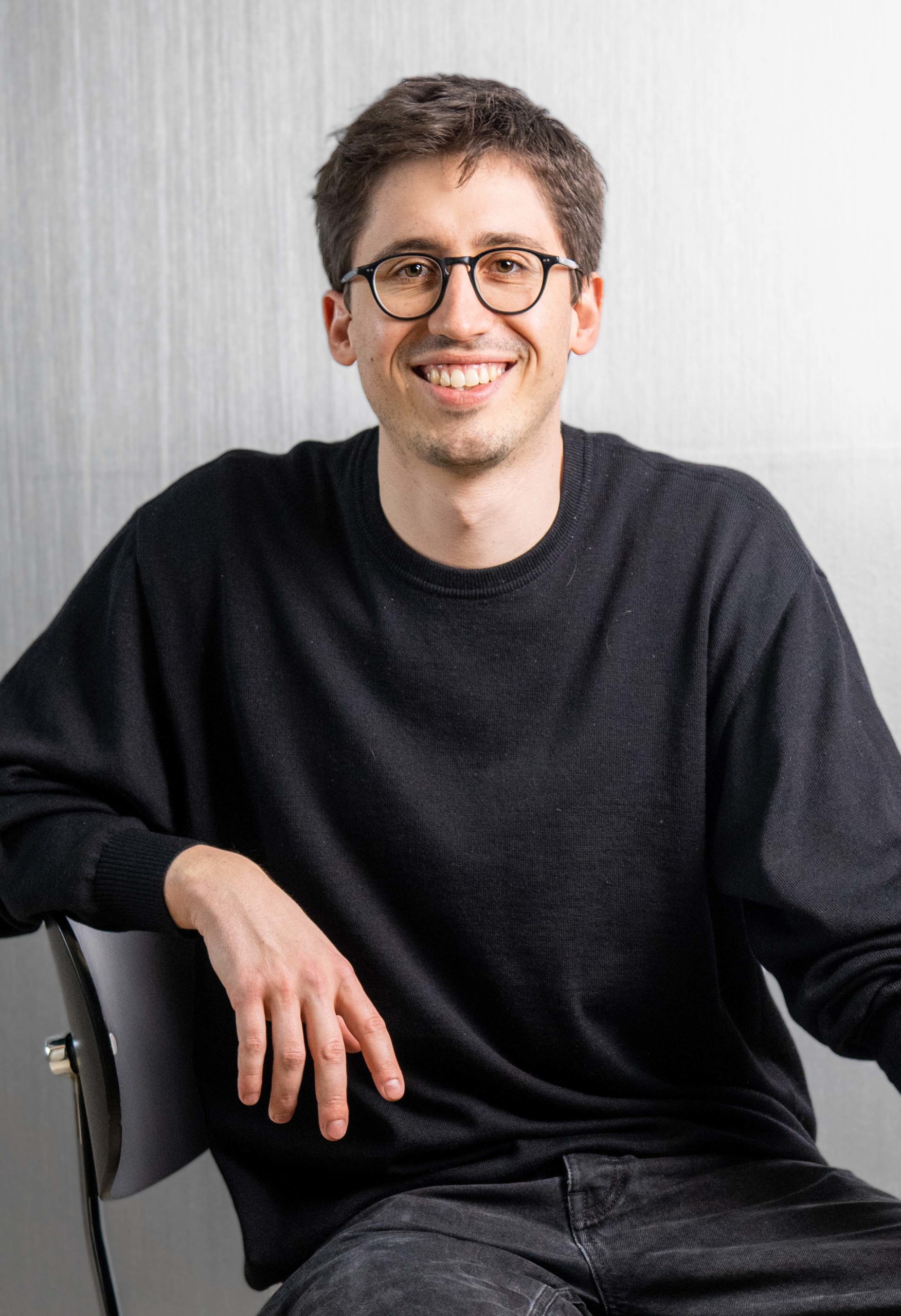
email kastner@arch.ethz.ch
Sustainable building materials, life cycle thinking for the built environment, planning, digital tools, serious games, corporate responsibility, resource efficiency
Fabian is a research assistant and PhD candidate at the Department of Construction Heritage and Preservation and the NCCR dfab (National Compentence Centre in Digital Fabrication). His research focuses on the interdisciplinary area of advancing life cycle thinking for the built environment, with a particular focus on technology-enabled methods. His dissertation is carried out in collaboration with the Chair of Sustainable Construction (Prof. Dr Guillaume Habert) at ETH Zurich.
After studying civil engineering at ETH Zurich, he wrote his master’s thesis on life cycle assessment (LCA) of bio-based building materials. His master’s thesis was honored with the Culmann Prize of ETH Zurich. Parallel to his studies, he worked as an assistant at the Chair of Geotechnical Engineering at ETH Zurich in the laboratory and as an intern at Implenia AG (Zurich) in foundation engineering, Dr Lüchiger+Meyer Bauingenieure AG (Zurich) in structural engineering and Habau Group (Vienna) in construction management. In 2020, Fabian was certified by BREEAM (Building Research Establishment Environmental Assessment Methodology) as an In-Use Auditor for the sustainable transformation of existing buildings. After 2 years in the field of consulting and applied research in sustainable building at intep (Zurich), he joined the Chair of Construction Heritage and Conservation in 2021.
Fabian is a member of the SIA (Swiss Association of Engineers and Architects) and the Swiss Heritage Society. In 2022, he received a Norman Foster Foundation scholarship. A digital simulation game prototype on ecological building renovation, which he developed in cooperation with the Game Technology Centre (ETH Zurich), was nominated for the shortlist of the Swiss Game Awards in 2022. From October 2023 to March 2024, he was awarded the SNF Mobility fellowship and visited the Kyoto Institute of Technology (KIT) as a scholar.